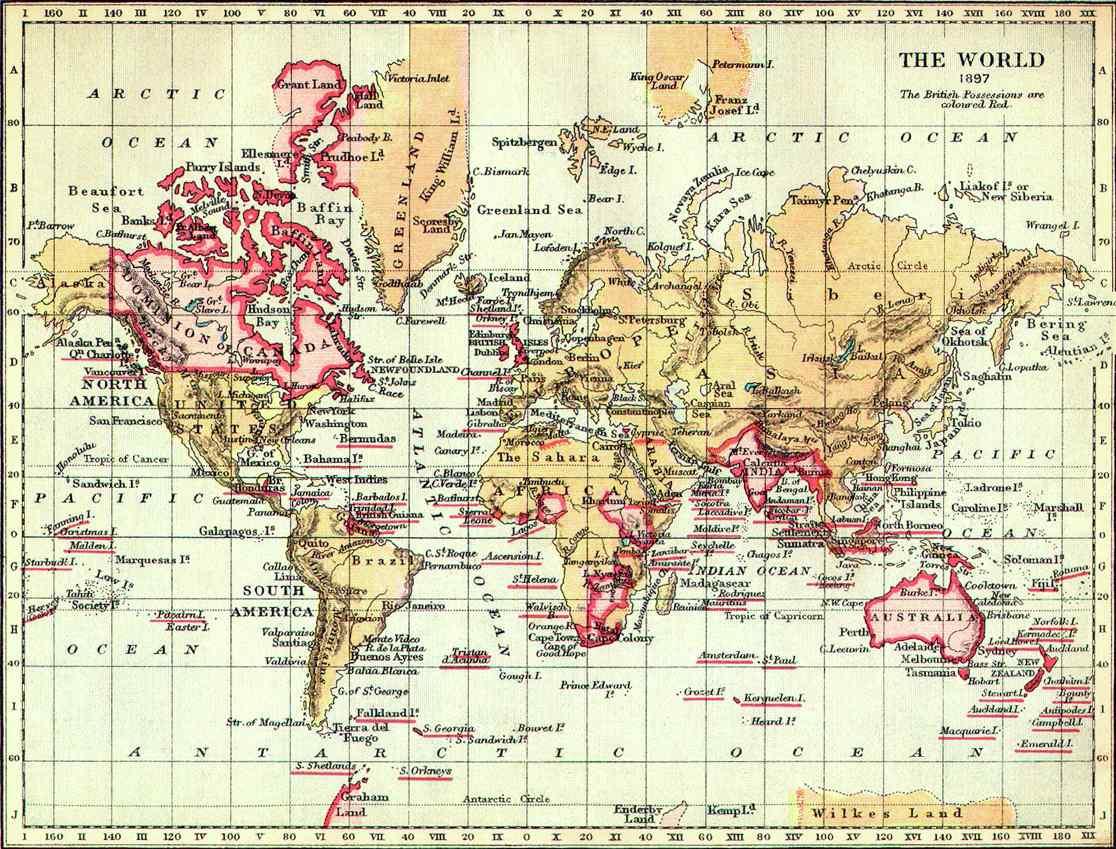Since these terms can often be hard to pin down, I’m giving some quick definitions of words I may use every so often. Note that this is me writing from my phone, so I apologize for any mistakes made.

Alterity
The ‘alternate’, someone/or a group of peoples that are in a state of being different. This is usually in contrast with the West, or colonial powers; the ‘Other’ is defined by its outsider status.
Ambivalence
How the colonised, and coloniser view each other. The colonised is often seen as inferior yet exotic, and uncivilised (see noble/ignoble savage), ideas used to justify colonialism. The colonised often saw the coloniser as an invasive and destructive force.
Essentialism
The practice of groups deciding upon identities, which can often be used as a means of maintaining the status quo or gaining further influence. Often used through race, culture, religion, or ethnicity. Differences are overlooked. Essentialism can also be used by the colonised, as a means of fighting coloniser discourse.
Hybridity
A contested term, it can often simply mean ‘cross-cultural exchange’. Some writers, such as Bhabha, highlight the interdependence between master and subject in colonial power relations, which is important in the development of hybridity.
Post colonialism
The study of the effects of colonization felt by cultures and societies. Post-colonial states are best seen as ‘post-independence’, from their colonial masters.
